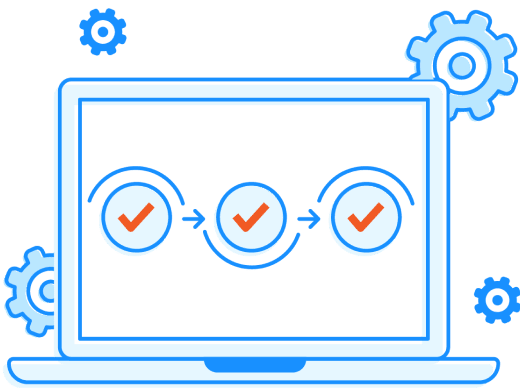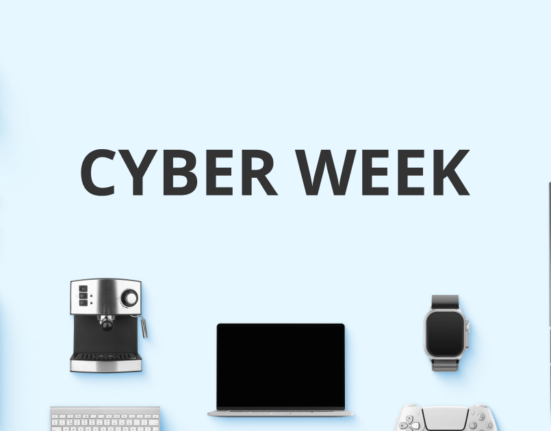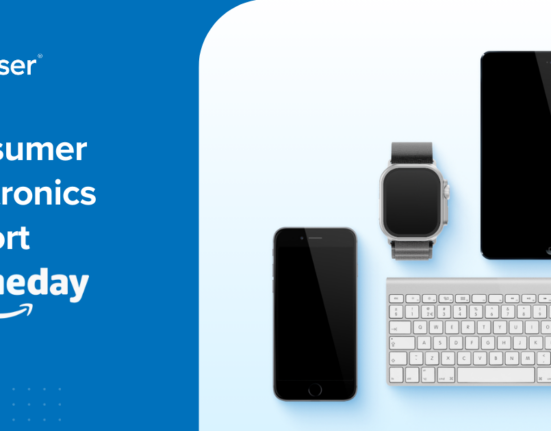Desktop as a Service (DaaS) and Software as a Service (SaaS) have had a revolutionary effect on the way businesses are able to run. These are both cloud services that have significantly improved the functionality and capabilities of the modern workspace.
Thanks to these services, the playing field between businesses has levelled off just a little further. Smaller brands are now able to access the same types of resources that were previously only available to larger, higher-revenue, organizations. With cloud services like DaaS and SaaS, approved employees can access company data and resources any time and from any approved device. All without being tied to an on-site desktop with limited accessibility and a mountain of IT issues.
So, what’s better for your business, DaaS or SaaS? Here’s what you need to know:
What Is DaaS (Desktop as a Service)?
DaaS is a subscription service that provides users with a virtual desktop based in the cloud. Authorized personnel can access company files and applications from any place at any time via these virtual desktops. This capability has been a game-changer for many companies who are finding themselves with an increase in hybrid or fully remote workers.
Most applications can be integrated into a DaaS model, giving users the ability to migrate all apps over to the cloud if they so choose. This increases the flexibility required to meet your business’ needs, whether you’re a small, medium, or large organization.

What Is SaaS (Software as a Service)?
SaaS provides users access to software using a third-party vendor, so it is available to users from anywhere via the internet. This allows for cross-platform capability.
With this service, the user does not need to install or maintain any software on their end. The software provider is responsible for performing regular updates, security, troubleshooting, maintaining availability, and everything else having to do with running the actual software.
SaaS is meant to limit the amount of work needed from administrators and other employees. This allows the user to focus their efforts on the benefits and capabilities the software is allowing them without getting caught up in the technical aspects.
DaaS vs SaaS
Despite both service types being cloud-based, there are still key differences between the two:
- Where SaaS focuses on making software applications available via the internet, DaaS provides users with a complete desktop experience.
- SaaS usually provides the user with one or two applications whereas DaaS often includes multiple bundled applications.
- SaaS typically has a lower cost, asking the user for an annual monthly subscription fee, whereas DaaS usually has a higher cost upfront.
- SaaS packages are often more granular, allowing for scalability with your business. DaaS is usually a package deal.
Companies have a lot of important data being shared within these services, so it’s important that you choose a trustworthy and reliable provider.
Why Use Cloud-Based Services
So why should you be using cloud-based services at all? What do they bring to the table that traditional services don’t?
Automation
Cloud services can alleviate a lot of pressure from your admin and IT teams. The service providers are often responsible for a lot of the heavy lifting, allowing your employees to focus their time and efforts elsewhere.
Growth Capability
Cloud services have the ability to scale to meet your business’ needs even as they continue to change and grow. With other, more traditional services, you are often limited by things like servers or the number of qualified employees you have at your disposal.
Cost
With cloud-based services, you only need to pay for the subscription services and storage needed to maintain your applications. There’s no need to spend money on servers, employee software licenses, etc.
Security
With cloud-based services, service providers are responsible for ensuring security for all their users. Companies have a lot of important data being shared within these services, so it’s important that you choose a trustworthy and reliable provider.

Which Service Is Better for Your Business?
Both DaaS and SaaS can be extremely beneficial services, so which one should you choose?
It can be tricky deciding which service best fits you, but ultimately, it’s a decision that should be based on the needs, size, and complexity of your business. Consider the features of each service, which capabilities does your company prioritize? Flexibility, cost, security, and more should all factor into your final decision.
If both services sound appealing after weighing the pros and cons, then you might even consider using a hybrid cloud solution. There are many advantages to integrating both types of cloud services into your workspace. For example:
- With SaaS, users have thousands of applications available to them. Pair this with DaaS and you can integrate any of these onto the same virtual desktop.
- Because SaaS services often only offer a single piece of software at a time, it can be difficult to use multiple types of software in conjunction with one another. Using DaaS, users can integrate these different software types seamlessly.
- SaaS can provide the user with flexible software that fits their specific needs, but often the data gained from this is stored on the provider’s servers. With the addition of DaaS, users can store their data and information privately, gaining more control.
Whether you want the wide-coverage capabilities of DaaS services, the lost-cost flexibility of SaaS services, or a mix of both to create a seamless workspace environment, it’s important to choose the right tools for your business. The right tool should allow you to streamline your internal functionality, keeping your business a step ahead of the competition.
Visit Wiser.com today to learn more about how our software solutions help brands, retailers, and businesses scale profitably.














